Connecting cultural heritage and environmental sustainability, Daniel Neves discusses a proposal to include pernambuco in Appendix I of CITES, a change that would significantly impact the global trade of this essential wood
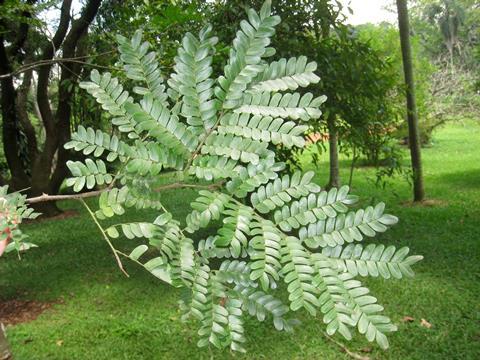
Discover more lutherie articles here
As the president of ANAFIMA - Brazilian Association of the Music Industry, I position myself as a staunch advocate for sustainable management of our natural resources. Today, I address an urgent issue that impacts not only Brazil but resonates across the global community: the severe situation involving pernambuco wood (scientific name: Caesalpinia echinata), a symbol of our cultural heritage facing significant environmental challenges.
Pernambuco wood, highly sought after for making bows for string instruments, plays a crucial role in the realm of classical music. It is currently listed in Appendix II of the Convention on International Trade in Endangered Species of Wild Fauna and Flora (CITES) to regulate its trade and ensure sustainability. Despite these efforts, pernambuco wood still falls victim to illegal smuggling activities, especially to Europe and Asia. This alarming trend, underscored by our investigations and dialogues with entities such as IBAMA (Brazilian Institute of Environment and Renewable Natural Resources), which is the federal agency responsible for environmental protection and sustainable use of Brazil’s natural resources, and the Brazilian Ministry of the Environment, highlights the urgent need for collective action.
In addition to insights gained from Brazil’s environmental bodies, a recent visit to a fair in China exposed me to a disheartening scene: dozens of stands shamelessly selling pernambuco wood bows and logs. Witnessing such a blatant disregard for the restrictions and regulations we strive to enforce in Brazil is profoundly troubling. The realisation that Brazilian wood is being smuggled beyond China to European buyers exacerbates this concern.
While the illegal exploitation of pernambuco wood runs rampant, we have also noticed the contradiction of IBAMA itself, which could be characterised as abuse of power and irrationality. By imposing an embargo on the planting and harvesting of pernambuco seedlings, IBAMA paradoxically seems to contradict its own mandate to protect and promote the native biome. This measure, which requires the preparation of a technical study as a condition for cultivation, is not a standard requirement applied to other native species. In fact, actions such as the planting of endemic species are generally encouraged as part of reforestation and conservation efforts. The need for this specific study for pernambuco/Pau-Brasil, ignoring the importance of encouraging the controlled and sustainable expansion of the species, can be seen as an unnecessary barrier that discourages beneficial environmental practices. This act of IBAMA, although possibly based on precaution, can be interpreted as an obstacle that inadvertently harms the very ecosystem it aims to protect.
While we talk here, with all due protections, the illicit trade of Pernambuco wood not only accelerates deforestation but also tarnishes Brazil’s international reputation and compromises the cultural heritage of classical music. This situation serves as a stark reminder that the battle against this issue is not the sole responsibility of the Brazilian government and organisations but demands a united front from the global community. Each illegal purchase of Pernambuco wood indirectly fuels deforestation and the associated criminal activities.

Extreme restrictions on pernambuco wood
Our commitment to tackling this challenge is unwavering. Brazil’s vast and complex landscape necessitates a collaborative approach to significantly mitigate the illegal trade. If such activities persist, the Board of ANAFIMA is prepared to endorse the inclusion of pernambuco wood in Appendix I of CITES, a move that would drastically limit its global trade. This potential restriction raises critical concerns regarding the impact on professional musicians reliant on pernambuco wood bows. It emphasises the need for a balanced strategy that safeguards our natural treasures without compromising cultural and artistic expression.
The preservation of pernambuco wood symbolises a shared responsibility that extends beyond Brazil’s borders, involving the international community. Achieving sustainability for pernambuco wood, while ensuring its availability for the production of musical instruments, requires a concerted effort from governments, conservation organizations, musicians, and the music industry.
In conclusion, the pernambuco wood dilemma is a clear call for global responsibility and solidarity. It reminds us that conserving our planet’s biodiversity is a collective obligation, requiring cooperation, understanding, and action from every corner of the world. Let’s unite to ensure the melodies produced by our strings echo not with the reverberations of environmental degradation but with the harmony of conscious stewardship.
Daniel Neves is president of ANAFIMA - Brazilian Association of the Music Industry daniel.neves@anafima.com.br +5511 98375-1000
Read: Know Your Bow: New online resource for owners and users of pernambuco bows
Listen: The Strad Podcast #69: Heather Noonan on the future of pernambuco
Read more lutherie articles here
An exclusive range of instrument making posters, books, calendars and information products published by and directly for sale from The Strad.
The Strad’s exclusive instrument posters, most with actual-size photos depicting every nuance of the instrument. Our posters are used by luthiers across the world as models for their own instruments, thanks to the detailed outlines and measurements on the back.
The number one source for a range of books covering making and stringed instruments with commentaries from today’s top instrument experts.
American collector David L. Fulton amassed one of the 20th century’s finest collections of stringed instruments. This year’s calendar pays tribute to some of these priceless treasures, including Yehudi Menuhin’s celebrated ‘Lord Wilton’ Guarneri, the Carlo Bergonzi once played by Fritz Kreisler, and four instruments by Antonio Stradivari.












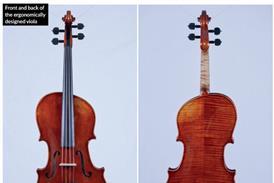


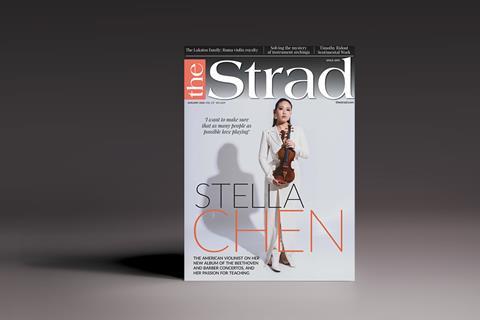




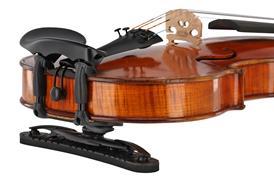

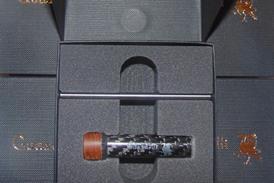





















No comments yet